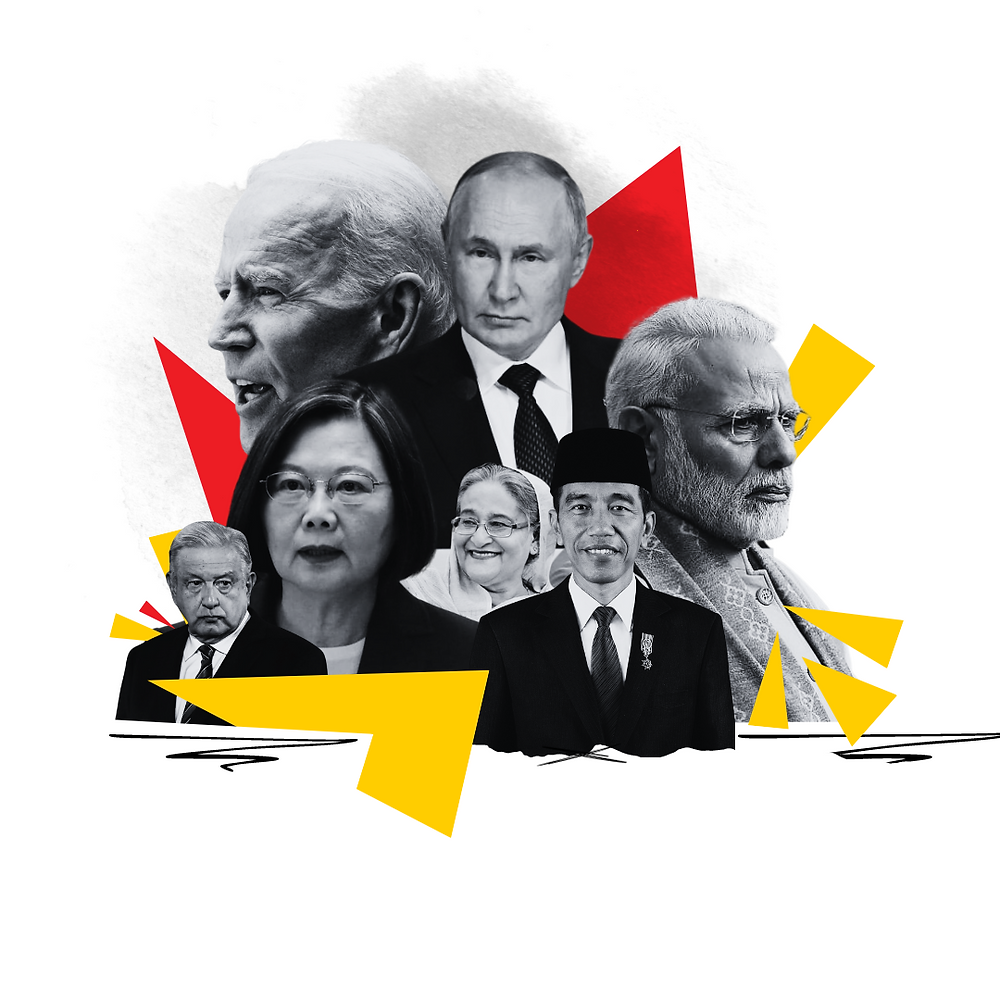1. Social Media and Web Monitoring
Social media platforms play a significant role in shaping public opinion. Politicians should proactively monitor their social media accounts, responding to comments and engaging with followers. Additionally, regular posting and sharing relevant content can help maintain a positive online presence.
2. Online PR and Content Creation
Online PR is essential for politicians to effectively manage their online reputation. By creating high-quality content that showcases their work and achievements, politicians can influence public perception. This can be done through press releases, articles, and blog posts that highlight their contributions to society.
3. Crisis Management and Damage Control
In the event of a crisis or negative publicity, politicians should have a well-defined strategy for damage control. This involves promptly addressing the issue, providing accurate information, and engaging with the public to address concerns. By effectively managing crises, politicians can minimize the impact on their online reputation.
4. Syncing Online and Offline Campaigns
An integrated approach to reputation management involves syncing online and offline campaigns. Politicians should ensure that their digital presence aligns with their real-world activities and messaging. This includes creating official websites, social media accounts, and microblogs to enhance their web presence and communicate their vision effectively.
5. Personal Online Branding
Building a strong personal brand is crucial for politicians. Online reputation management includes creating and optimizing personal assets such as professional profiles and websites. These assets help politicians establish authority and improve their search engine rankings.
6. Monitoring and Responding to Public Sentiments
Monitoring public sentiments is essential for politicians to gauge public opinion accurately. By analyzing social media conversations, tracking name mentions, and understanding public sentiment, politicians can respond effectively and shape their online reputation accordingly.
Politicians should actively manage their online image by developing a comprehensive strategy for owned, earned, and paid media. This includes creating viral content, leveraging hashtags, and managing their websites and social media handles to ensure a positive online presence.
Politicians should actively manage their online image by developing a comprehensive strategy for owned, earned, and paid media. This includes creating viral content, leveraging hashtags, and managing their websites and social media handles to ensure a positive online presence.


